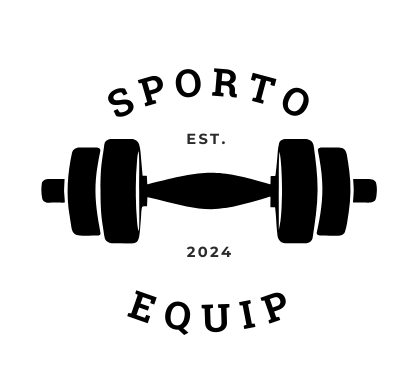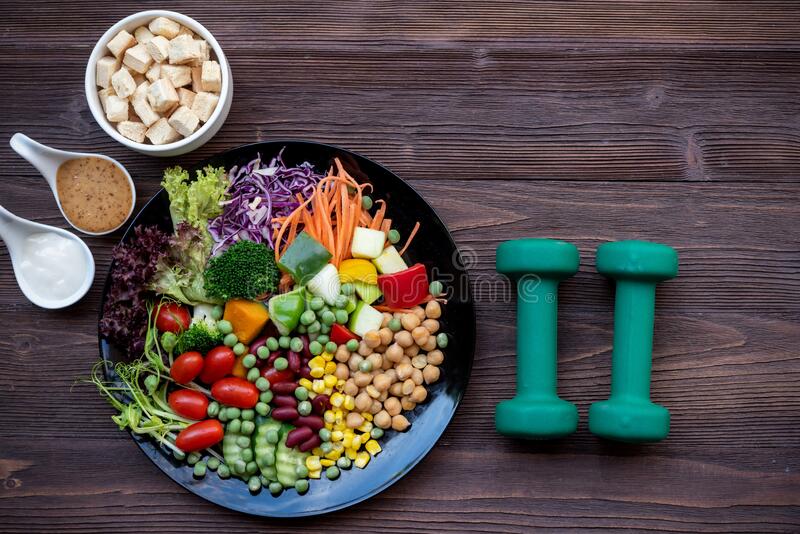Every professional athlete is aware of the value of proper nutrition. Sadly, most amateur athletes are less open to the idea of using food as a performance booster. Although the majority of us will never compete at the level of elite athletes, we are all impacted by the same dietary principles: we must view every snack and meal as an opportunity to refuel if we want to perform at our highest level, feel our best, and look our best. If you really do want to enhance your athletic performance or reduce weight or gain muscles look closely at just about everything you consume and consider what nutrients it provides.
Using food as workout fuel
Carbohydrates
For athletes, carbohydrates are their main source of energy. Consuming carbohydrates after working out helps repair cells and prepares you for the next session. and stop your body from breaking down the proteins in your muscles. Carbohydrates are used for energy in the proper amounts, not for fat storage. The problem is if you eat too many of carbs you have to store excess of it and then it starts to convert into fats. You can power activities, repair muscle cells, and experience a sharp, alert mind if you eat precisely the correct amount of carbohydrates without gaining weight.
Proteins
proteins are vital for the development and repair of muscles, the production of hormones, the production of red blood cells After exercising, consuming protein helps in muscle repair and growth. When starvation or malnutrition are present, the body would only use protein as fuel. In other words, if you don’t intake enough protein. your body breaks down muscle fibers to get the protein it requires
Fats
You should keep your daily fat intake to about 25% of calories because they can be used as fuel, contain fat-soluble vitamins, and are necessary for producing hormones
Micronutrients
Your diet’s vitamins and minerals help you convert dietary energy, prevent oxidative damage, maintain a strong immune system, your performance, looks, and general health are all threatened by inadequate intake.
Eat frequently and early
Eat periodically. People consume substantial amounts of food every three to four hours during the day if you consider the typical three-meal schedule. The issue with this approach, or with only eating once or twice each day, is that you can often feel so starving between those meals that you probably end up overeating leading to weight gain. A better strategy is to break up a day’s worth of food into numerous little meals separated approximately 2 hours apart while you are awake. The advantage of this technique for athletes is that it is much easier to swim, run, or ride a bike after consuming a glass of milk and a handful of almonds You are less likely to make poor eating decisions, such as going at the late-night for French fries and smoothies after your workout, if you eat more regularly.
Change of attitude
For healthier lifestyle you should focused on eating habits you need to change your attitudes towards eating and choosing food. Pick veggies, whole grains, and lean proteins; stay away from anything that has been deep-fried and avoid additional sugar. Go for nutrient-rich meals that will replace depleted proteins and carbohydrates and provide an adequate amount of healthy fats. You will have to plan your diet firstly stop eating junk food and plan accordingly make a proper diet plan and divide it into small 6 meals per day. This is the accurate way of eating meals if you want to stay in shape
Diet plan
The timing of meals is particularly crucial for athletes. If you are extremely hungry and carbohydrate-depleted, your performance won’t be at its best. 100% fruit juice bagel and banana is a good pre-workout snack. Make sure to have one or two glasses of water in the hour prior to your activity, but avoid downing a glass shortly before you begin an intense exercise session. Pack a wholesome food before you leave for work every morning to keep you energetic all day. The following are sensible snacks to include in your daily diet plan. plain nuts, boiled eggs, whole wheat crackers, cheese slices, yoghurt, bananas, apples, carrots, and hummus.
Affordable meals plan
Healthy eating is commonly quoted as being extremely expensive. The price of a healthy diet is manageable.
- Prepare more meals at home. Making your own food gives you more control over its nutritional composition and is typically less expensive,
- Make a plan. Plan your meals in advance and take every chance to serve leftovers as a second or even third meal.
- Purchase food in quantity. Pick pre-bagged fruits, oranges, onions, and lemons apples from the grocery store. These are typically more affordable than the ones that are offered separately.
- Buy groceries as close to its natural shape
If you don’t get your body’s preferred type of fuel, you’ll feel sluggish and lethargic, and your brain won’t be able to make quick decisions that are crucial.so its better to plan your diet and follow it properly to live fit and healthy life.


